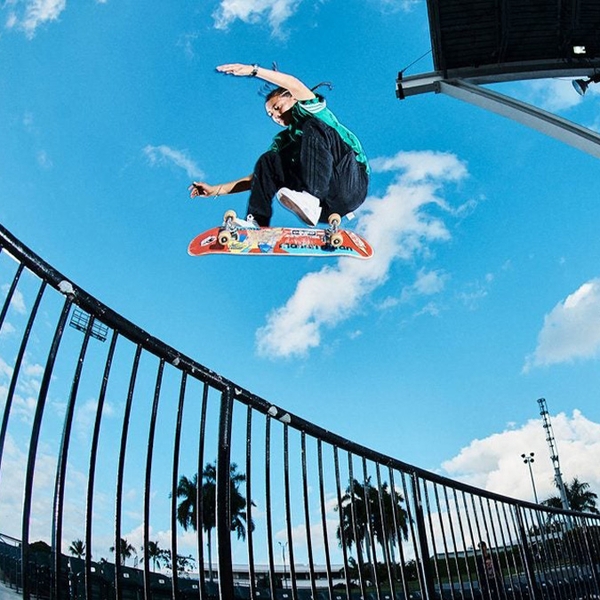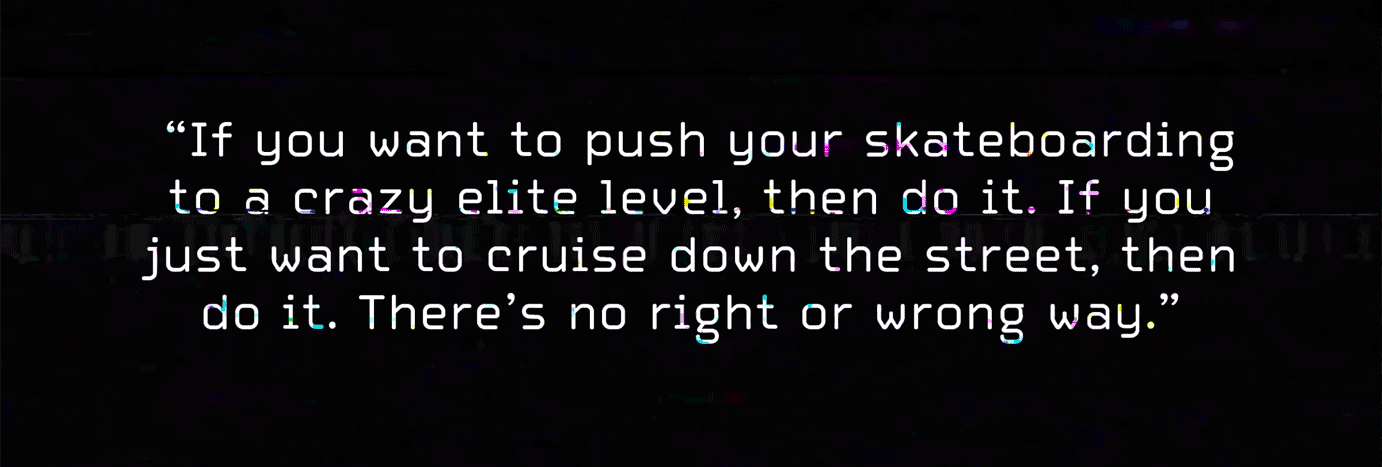Albuquerque Skateboarder Mariah Duran Heads to the Olympics with First U.S. Team
As the number one female street skateboarder in the country, Duran hopes to inspire more people to try the sport
New perk: Easily find new routes and hidden gems, upcoming running events, and more near you. Your weekly Local Running Newsletter has everything you need to lace up! .
In nearly every interview, skateboarder Mariah Duran is asked about what it’s like to be a woman in a male-dominated sport. It’s easy to understand why: about of all skaters are male, and the sport has grappled with sexism over the years as female skaters for equal pay and fair sponsorship opportunities.
Yet almost every time she gets the question, Duran essentially says the same thing: she doesn’t think much about being a woman on a skateboard. And why would she? She’s just a skater working toward her goals. “It is kind of crazy how there is a pressure for women to try to break the gender barrier,” she says. “But it’s really like, we’re breaking our own barriers, and we just so happen to be women.”
As a two-time national champion and the United States’ in street skating—a style where skaters perform tricks on urban obstacles like stairs, handrails, and park benches—her hard work has paid off. Now the 24-year-old is headed to the Summer Olympics, where this month, for the first time ever, skaters from 26 countries will have the chance to compete, joining a handful of other newly debuting sports, including climbing, karate, and surfing. Duran is best known for executing a , a difficult move she’s excited to show off in Tokyo.
It’s been a long path to get to the Olympic stage. Raised in Albuquerque, New Mexico, Duran got her first board when she was ten years old. She fell in love with it almost immediately and grew up skating with her two brothers, Elijah and Zeke. There was always a new trick to master, and the process of trying and failing felt limitless. Although she played several other sports, including baseball, softball, and basketball, she decided to focus solely on skating during her senior year of high school. Her mom was initially hesitant for her daughter to go all in with skating, but it soon became a family affair as Duran and her brothers began heading to competitions around the globe. “I had a good relationship with my brothers before we started skating, and this has just helped it grow so much,” she says. “We travel together, and we trust one another.”






